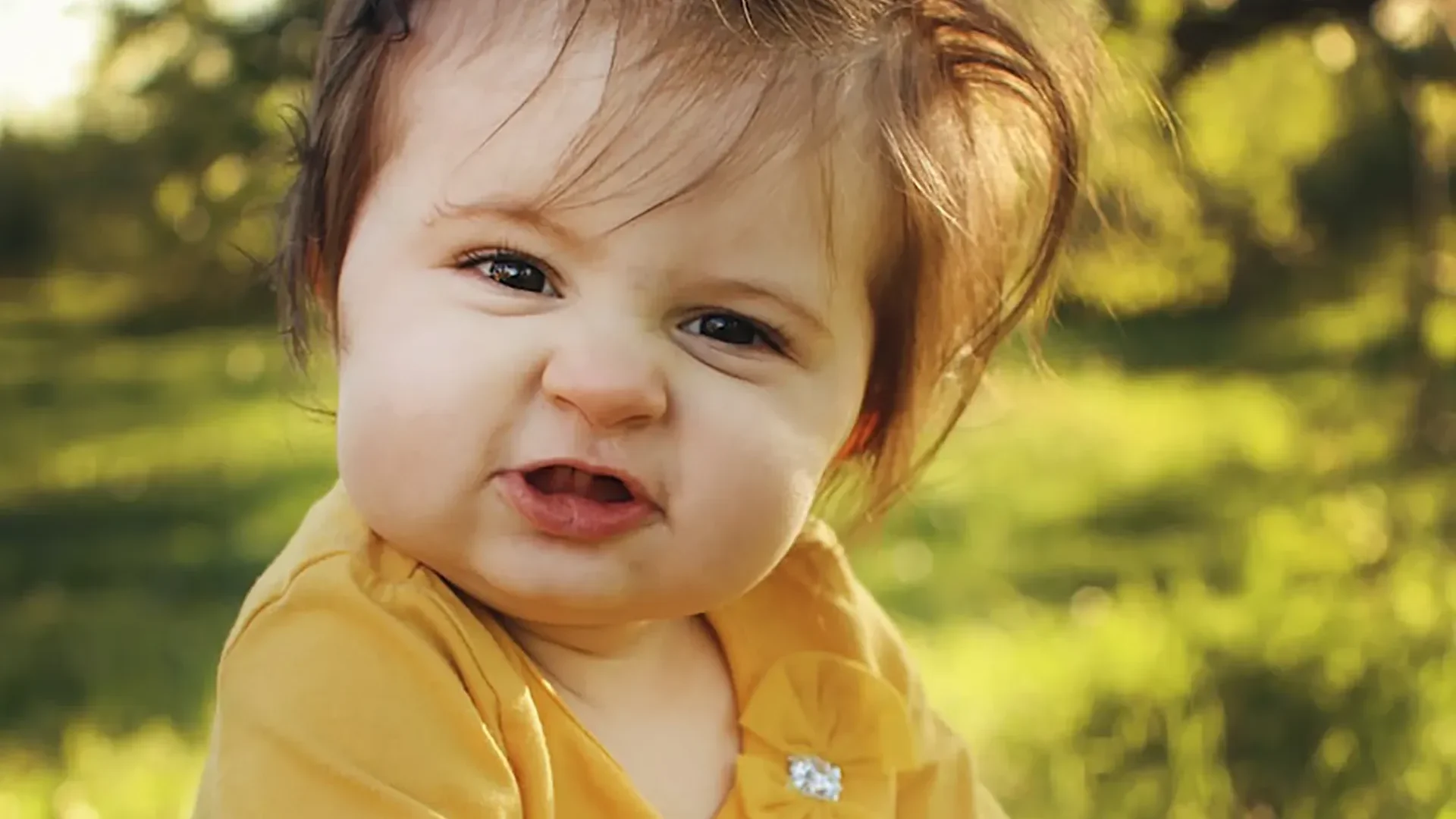
August 2022 by Sheologie
The ABCDs of Raising a Toddler
I love toddlers. They don’t hide their emotions. They are direct and oftentimes embarrassingly blunt about things. And they see the world in interesting and humorous ways. But raising a toddler also has moments of exhaustion, confusion, and downright frustration – for both you and your toddler. Why? Because the developing toddler brain is incapable of regulating emotions and logical thinking.
With that in mind, I want to introduce you to the ABCDs of raising a toddler: Attunement, Behavior, Co-regulation, and Damage Control.
Attunement
“Children need attunement to feel secure and to develop well, and throughout our lives we need attunement to feel close and connected.” – Dr. Daniel J. Siegel
Attunement is focusing our attention on the internal experience of another person – the sense of what interpersonal neurobiologist Dr. Dan Siegel calls “feeling felt” by another. This is vital with toddlers since often they are unable to communicate what they are feeling or needing because of their inability to verbally express themselves coupled with the lack of brain development necessary to make sense of what they are feeling.
For example, your little one wants ice cream before dinner, and gets angry when you tell him to wait until after dinner. An attuned response to his anger looks like, “it looks like you are angry because your fists are clenched. Are you angry that mommy won’t let you have ice cream before dinner? I get it buddy. It’s hard to wait for something you really want, but I promise that after dinner we can share a bowl of ice cream. Do you want vanilla or chocolate ice cream after dinner?”
By recognizing and verbalizing his emotion and why he is feeling that way, the child feels seen and understood. Validating emotions through an attuned response can easily and quickly diffuse situations.
Behavior
“Beneath every behavior there is a feeling. And beneath each feeling is a need. And when we meet that need rather than focus on the behavior, we begin to deal with the cause, not the symptom.” – Ashleigh Warner
Behavior is a form of communication that, if seen through the appropriate lens, can open doors of curiosity that lead to a deepened connection. Oftentimes, behavioral cues are misread as “bad behaviors” such as whining, crankiness, clinginess, pushing/hitting, biting, or throwing a tantrum.
To effectively shift your toddler’s undesirable behavior, it is important to look beyond their actions to the needs and feelings driving them. Practicing curiosity with their behaviors is the best way to help toddlers reveal the true needs they are attempting to communicate. More often than not the behavior is driven by hunger, fatigue, craving connection, or overstimulation (the room is too loud, there are too many people, etc.). This is where attunement and behavior collide: being attuned to your child will help you recognize the need behind the behavior. Remember, your toddler isn’t trying to give you a hard time, he is having a hard time processing a situation or emotion.
Co-Regulation
“The ability to regulate through the comfort of another is called co-regulation. This on repeat wires up the brain for self-regulation, emotional intelligence, empathetic responses, rational thinking, and problem-solving.” – Lelia Schott
Toddlerhood is the time when your little person begins experiencing big emotions that they don’t have the brain development yet to process or understand. When your toddler is experiencing strong emotions, help them find their sense of calm so they can better communicate what they’re feeling in the moment. This is accomplished through co-regulation: when your calming presence is able to regulate their dysregulated nervous system.
Validate your toddler when they are upset by responding in a soothing and calm tone with words of affirmation, such as:
- “This is hard for you, and I’m here to help you.”
- “It’s okay to feel sad/upset/disappointed. That was really sad, surprising, scary, etc.”
- “Would you like a hug?”
- “It’s okay to cry.”
- “I love you.”
You can’t help a child feel better by making them feel worse. Co-regulation demonstrates empathy and helps them feel seen. Eventually, they will learn how to regulate their own emotions based off experiencing co-regulation with you.
A note: it is possible to validate their emotions while setting a boundary against a behavior. For example, when your toddler gets angry and hits, you can respond with: “it is okay to be angry. However, it is not okay to hit someone when you are angry. What can you do instead to express your anger?” If she can’t think of anything, you can provide options such as stomping your feet, growling like a lion, or other behaviors that help them switch from operating out of their limbic systems and into their prefrontal cortex.
Damage Control
“When we experience a break in connection followed by repeated attempts at repair until the bond is restored, we build implicit pathways of resilience.” – Bonnie Badenoch
No parent is perfect, and no caregiver is fully attuned to their child every minute of the day. But the next time you yell at your child out of frustration, or the mom-rage appears, give yourself grace. You haven’t irreparably damaged your little one.
In fact, those moments of rupture can lead to increased relational security and deepened connections if followed by steps to repair. If a rupture can be repaired, it demonstrates to each person that the relationship is secure even when things feel scary. Intimacy and resilience can be built through these ruptures and repair experiences.
To repair a rupture, the first step is to make sure you are in a regulated state (see below). Secondly, get down on her level physically so you can look at each other eye-to-eye before you walk through the events with your little one from her perspective. For example, “Mommy yelled at you earlier, and it scared you. I was feeling overwhelmed and frustrated and I yelled. That was not right, and I am sorry. Next time, mommy will step away for a few minutes, take a few deep breaths, and then come back to talk with you. But no matter what, mommy loves you. There is nothing you can do or say that will make mommy not love you.”
All ruptures can’t be solved immediately. Sometimes you will need to step away temporarily before you can move toward repairing the relationship with your toddler. You can help regulate yourself by taking time to step away, breathing deeply, and relaxing the mind by moving your body, going outdoors, getting a drink of water, or making a cup of tea. Once you have achieved a calmer state of mind, then you can begin the steps to reconnect with your child.
Further Resources:
- Parenting from the Inside Out: How a Deeper Self-Understanding Can Help You Raise Children Who Thrive, Daniel J. Siegel and Mary Hartzell
- The Whole-Brain Child: 12 Revolutionary Strategies to Nurture Your Child’s Developing Mind, Daniel J. Siegel and Tina Payne Bryson
- Raising An Emotionally Intelligent Child: The Heart of Parenting, Dr. John Gottman
- Anatomy of the Soul: Surprising Connections between Neuroscience and Spiritual Practices That Can Transform Your Life and Relationships, Dr. Curt Thompson
- Circle of Security for Toddler and Preschool Years
- Transforming Toddlerhood (IG page)
- Big Little Feelings (IG page)


